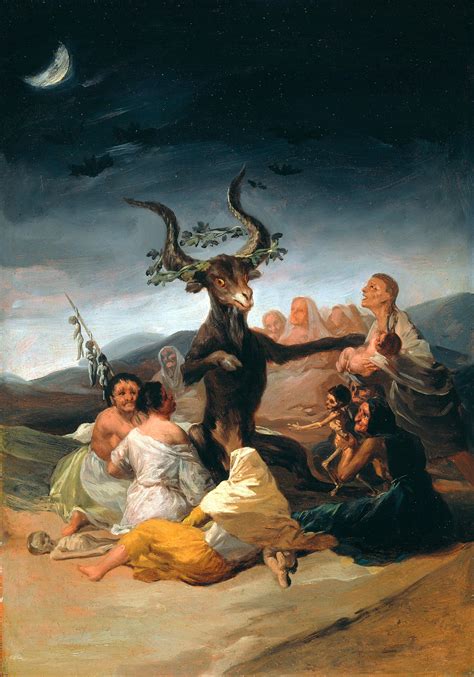Names hold significant power. They are more than just identifiers; they carry cultural, social, and personal meanings. The act of naming people, places, or things carries ethical implications such as cultural appropriation, respect, and the consequences of labeling.
Examples:
- Imagine a non-Chinese individual choosing a Chinese-sounding name
- A teacher taking the time to learn and correctly pronounce each student’s name.
- Media outlets using specific labels to describe a protest can influence public opinion. If a peaceful demonstration is labeled as a “riot” rather than a “protest,” it can shape how the public perceives the event.
How do you see these ethical issues and can you think of any other? (Other than naming your kid adolf hitler)
I have a traditionally black sounding first and last name particularly from the South where I grew up. I believe due to my name I was looked over for many jobs based solely on my name sounding black. The qualifications I had meant nothing. So yeah… Names definitely hold power.
Thats an all too common story unfortunately
Indeed.
What are your thoughts on changing names for cultural assimilation? I’m pretty sure the Vietnamese women in the nail salon near me aren’t given “Sue” and “Jenny” at birth.
I’m South Asian, I’ve gone under the name Friedrich at times
I personally don’t feel my first name is that special (Martín), but i absolutely LOVE my last name (Contreras), which means “Contrary” AKA “The One Who Opposes”. ✊🔥
The name Martin comes from the Roman God of War Mars, so your name basically means “The warrior of Opposition” and that is fuckin badass
I know and it’s great. 🤩
But like a 1/3 of men in my country (Chile 🇨🇱), share the same name 😆, so that’s why it doesn’t feel that much “unique” to me (unless i travel ✈️🌏).
You should start using Mars instead, surely more unique!
Saint Martin of Tours, a Roman soldier who later became a Christian bishop and is considered a patron saint of France, basically made Martin such a famous name in Europe!
deleted by creator
Yeah I wouldn’t say there’s actually anything wrong with it.
But imagine a hypothetical situation for a moment: a white person in the west with a Chinese name. People would probably stereotype or make odd assumptions about their life based on just the name. They’d be in a constant loop of explaining the origin of their name. Many might butcher the pronunciation, leading to awkward corrections. Official documentation? I bet there’d be issues and extra verification steps due to the name-appearance mismatch. There’s also the potential uncomfortable surprise during face-to-face meetings after email introductions. And, sadly, they might even face discrimination in areas like job applications. All these based on just a name, crazy, right?
deleted by creator
I think that it not being true in reverse is part of the point actually. Having a Chinese name is very closely tied to being Chinese. Being named Mike isn’t tied to one nationality or ethnicity. And if you’re American, and meet someone who looks Chinese but introduces themselves as Mike, you won’t think anything of it because there are so many Chinese Americans and you’d just be completely used to it. If history were reversed and China was the great melting pot, then I think this name situation might be reversed a bit too.
deleted by creator
Names of medical conditions can stigmatise unrelated people. Such as ‘Spanish flu’, or the old term for Down’s syndrome ‘Mongolism’.
Or they can misrepresent the nature of the condition, such as ‘elective mutism’ giving the impression that its sufferers are choosing to be mute (later changed to ‘selective mutism’ which has the exact same problem)
On yea that’s good



